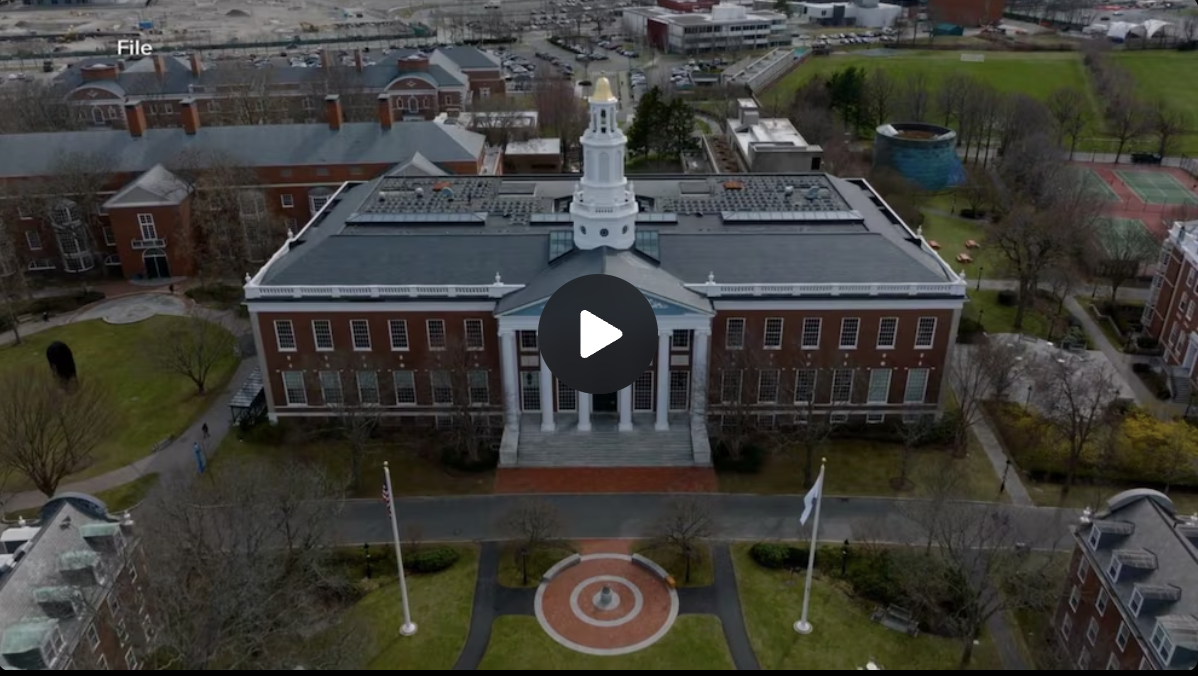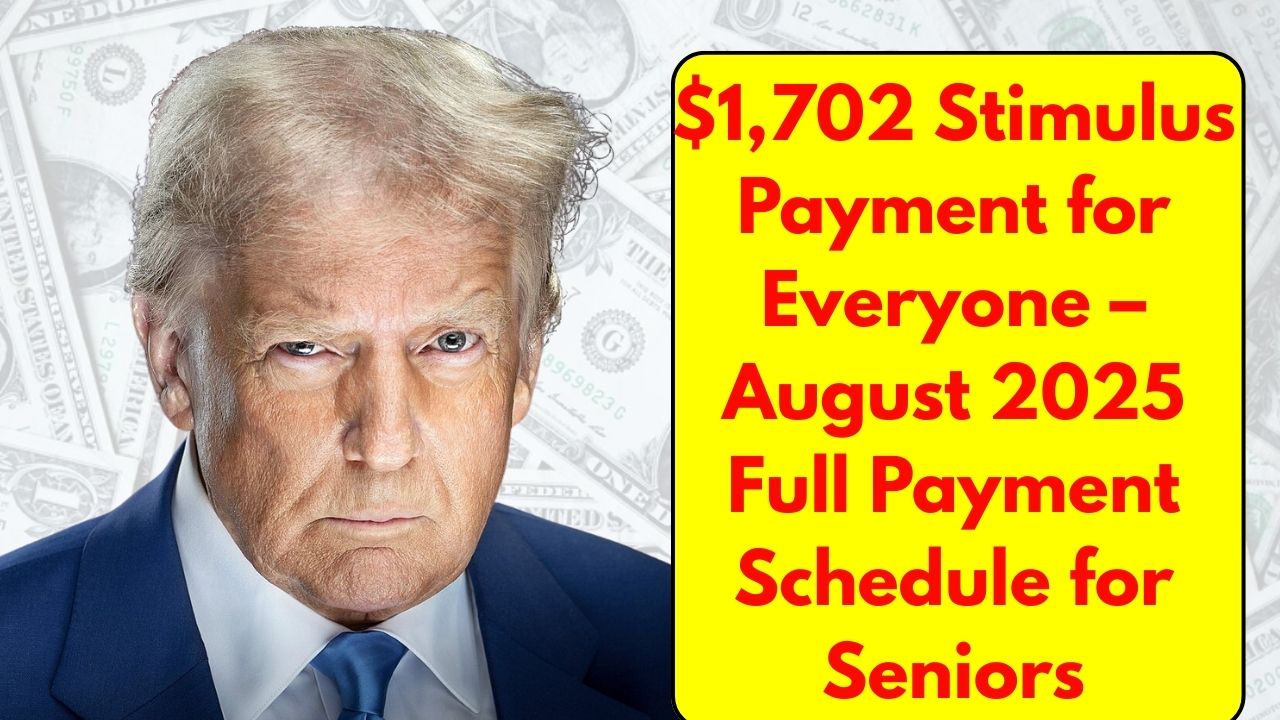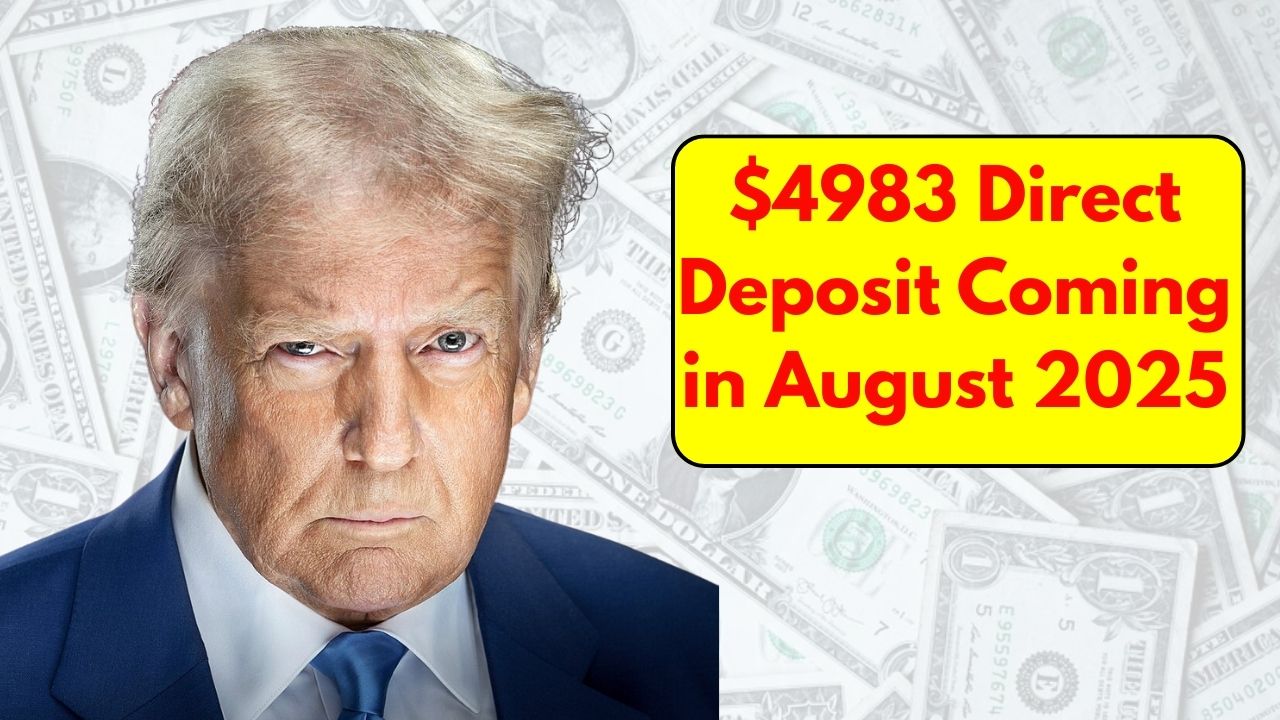The U.S. Department of Education has announced a freeze on all new research funding to Harvard University, intensifying a growing conflict between the Trump administration and the Ivy League institution. The decision halts Harvard’s eligibility for federal research grants until the university meets newly enforced compliance requirements.
Why Harvard’s Research Funding Was Frozen
According to officials from the Department of Education, Harvard will not receive any new federal research grants until it demonstrates what they describe as “responsible management.” The pause notably includes medical research grants but does not affect student financial aid.
Officials claim that the action was prompted by a lack of trust in Harvard’s governance, citing the university’s alleged failure to address antisemitism and viewpoint discrimination on campus. Critics argue that Harvard has deviated from academic neutrality and has fostered a politically biased environment.
One official emphasized that only 3% of Harvard’s faculty identify as conservative, pointing to a lack of “viewpoint diversity.” They also argued that the institution had “abandoned academic rigor” in favor of ideological conformity.
Harvard’s Response
In a strong rebuttal, Harvard called the federal action a retaliatory measure, describing it as illegal and an overreach of executive power. The university stated that it received another letter from the administration that it believes would give the government unprecedented control over its operations.
“Harvard will continue to comply with the law, promote and encourage respect for viewpoint diversity, and combat antisemitism in our community,” the statement read. The university also affirmed its commitment to defending against what it views as unlawful government interference.
Underlying Tensions and Investigations
The friction between Harvard and the Trump administration has been building for weeks, fueled by multiple investigations. Federal agencies, including the Department of Education and the Department of Health and Human Services, are examining issues ranging from nondisclosure of foreign funding to allegations of race-based discrimination in the Harvard Law Review.
These probes have led to broader scrutiny, including a sweeping review under the administration’s newly formed antisemitism task force. As part of this review, over $2.2 billion in federal funding was frozen last month, further straining relations between Harvard and Washington.
President Garber Speaks Out
Harvard President Alan Garber has been vocal in defending the university’s autonomy. In a statement to the Harvard community, Garber stated, “No government—regardless of which party is in power—should dictate what private universities can teach, whom they can admit and hire, and which areas of study and inquiry they can pursue.”
He argued that the administration’s demands breach the principle of academic freedom and infringe on the rights of private educational institutions.
Tax-Exempt Status Threatened
Adding to the pressure, President Trump recently threatened to revoke Harvard’s tax-exempt status. While the president cannot unilaterally take this action under current federal law, sources within the IRS have indicated that the agency is evaluating whether to move forward with such a revocation.
Harvard has pushed back strongly against this possibility, with a spokesperson noting that there is no legal basis for rescinding the university’s nonprofit designation.
“The tax exemption means that more of every dollar can go toward scholarships for students, lifesaving and life-enhancing medical research, and technological advancements that drive economic growth,” the spokesperson explained.
They added that stripping Harvard of this status would not only damage the institution but could also set a dangerous precedent for other universities across the country.
What Comes Next?
For Harvard to resume receiving federal research grants, it will need to reach an agreement with the administration to meet certain compliance benchmarks. However, with both sides remaining firm in their positions, a resolution does not appear imminent.
In the meantime, the freeze on funding could impact ongoing and future research projects, including those related to critical medical advancements and scientific innovation.
This conflict marks one of the most public and contentious standoffs between a U.S. presidential administration and a leading academic institution in recent memory. As the situation develops, the implications could extend far beyond Harvard, potentially reshaping the landscape of higher education governance and federal oversight in America.
Harvard maintains that it will continue to advocate for academic freedom, diversity of thought, and adherence to lawful governance. Whether that stance will satisfy the administration’s demands remains to be seen.

















Leave a Reply